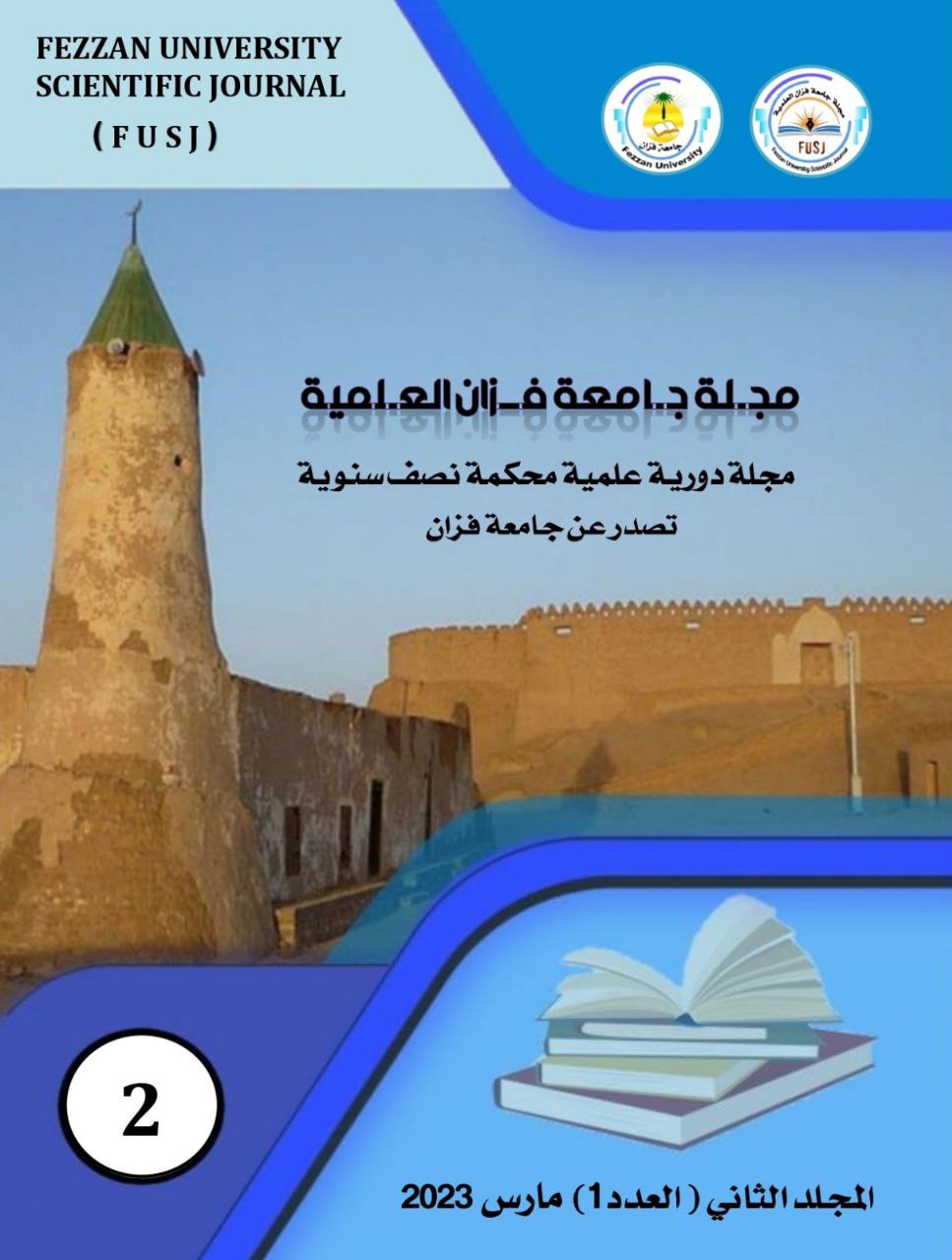Essential newborn care practices of birthing attendants: an observational study
##plugins.themes.academic_pro.article.main##
الملخص
Background: One baby or mother dies every eleven seconds somewhere around the globe. Majority of newborn mortality can be preventable. The high death and disease/injury rates among neonates are due to inappropriate hospital practices. In the Libya, there is a slow decline of less than five-year-old mortality, but neonatal mortality has not improved. Care of newborn after delivery by birthing attendants and mothers, called as Essential Newborn Care (ENC), promotes wellness and can heighten neonate’s survival. Objective: The purpose of this study is to evaluate the newborn care practices of the birthing attendants in Al-Bayda Medical Center and to confirm whether the birthing attendants are performing the four basic premise of essential newborn care as mandated by WHO. Method: The study used a descriptive non-experimental observational qualitative method to objectively illustrate how Essential Newborn Care (ENC) mandated by the World Health Organization (WHO) is being practiced by the birthing attendants of the Obstetrics Department in Al-Bayda Medical Center, Al-Bayda City, Libya in 2021. The researchers used purposive non-random sampling to observe all the 20 birthing attendants after 100 normal spontaneous vaginal deliveries. Data were presented using texts and tables. Results: All the 20 birth attendants are between ages 30-55. All have been practicing for 10 years and longer.

